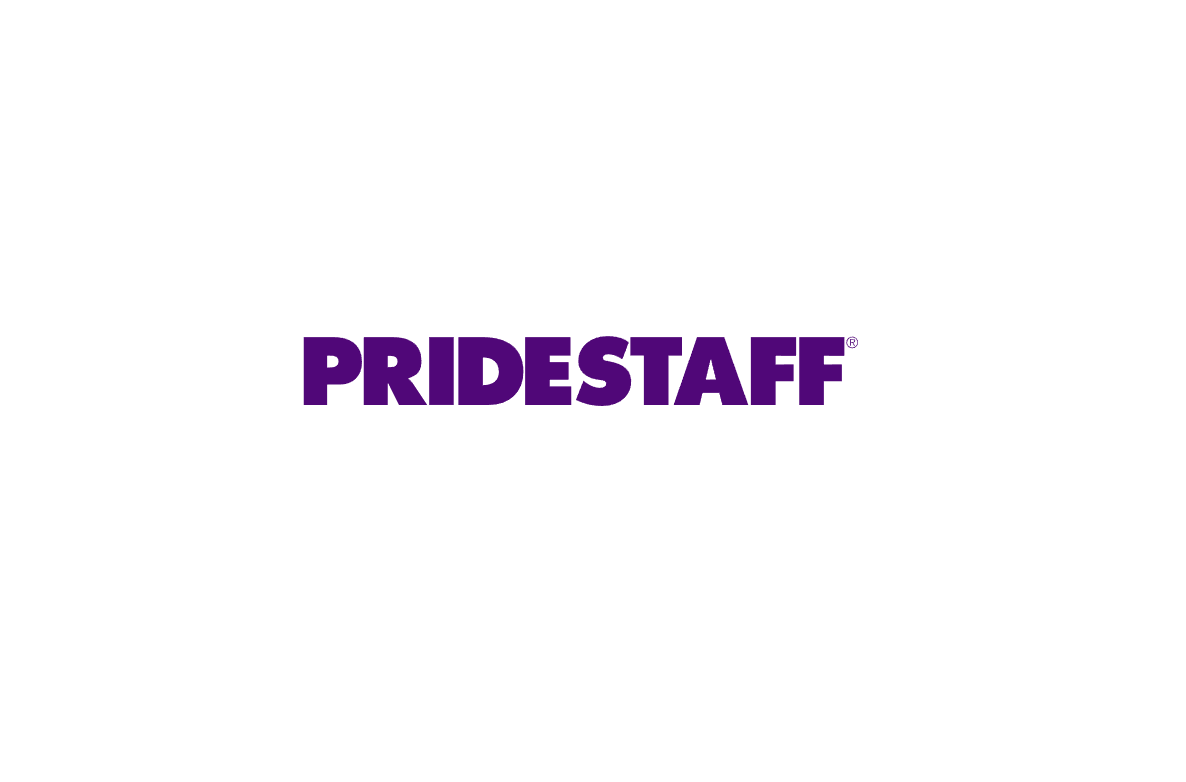Franchises are one of the cornerstones of the American business landscape, offering entrepreneurs the opportunity to operate under a recognized brand with established systems. While this model provides significant advantages, it also presents unique human resources (HR) challenges. Managing people across multiple locations, maintaining brand consistency, and staying compliant with labor laws can stretch even the most capable franchise owners. Understanding these common HR issues and finding practical solutions is essential to creating a thriving and sustainable franchise.
Recruiting and Retaining Qualified Employees
Franchises often struggle to attract and retain skilled workers. High turnover rates in industries like food service, retail, and hospitality can make it difficult to build a reliable workforce. Many employees see these positions as temporary, which compounds the challenge.
To overcome this issue, franchise owners should focus on developing strong employer branding. Offering competitive wages, clear career paths, and recognition programs helps create a more attractive workplace. Additionally, providing structured onboarding and training ensures employees feel supported from day one, increasing the likelihood of long-term retention.
Maintaining Consistency Across Locations
One of the biggest appeals of a franchise is consistency. Customers expect the same service and quality whether they visit in New York or California. However, achieving this uniformity in human resources practices is easier said than done. Differences in management style, training quality, and staff engagement can lead to inconsistent customer experiences.
Standardized HR policies and training programs are key to solving this problem. Franchisors should provide comprehensive manuals and digital resources to ensure all franchisees are aligned. Regular audits and performance reviews also help confirm that standards are being upheld while allowing flexibility for local adaptations.
Navigating Complex Labor Laws
Employment regulations in the United States vary not only federally but also from state to state, and sometimes even at the local level. Minimum wage, overtime, scheduling rules, and anti-discrimination laws can differ significantly, creating a legal minefield for franchise owners. Non-compliance risks fines, lawsuits, and reputational damage.
The best way to handle this challenge is to invest in HR expertise, whether through hiring a compliance officer, using an HR consultancy, or subscribing to specialized HR software. Providing ongoing training for managers about legal updates also ensures that everyone involved understands their responsibilities.
Managing Employee Relations and Engagement
Franchise environments are often fast-paced, which can result in employee stress, miscommunication, or dissatisfaction. Poor morale can directly impact customer service and franchise profitability.
To address these concerns, open communication is essential. Encouraging feedback through surveys or regular meetings gives employees a voice. Offering recognition programs, wellness initiatives, and flexible scheduling when possible also demonstrates that management values their well-being. A culture of respect and transparency can greatly reduce workplace conflicts and improve engagement.
Training and Development Challenges
Many franchise businesses employ young or entry-level workers who may have limited professional experience. Without proper training, service quality suffers and turnover increases. Franchise owners sometimes underestimate the need for ongoing development beyond the initial orientation.
Overcoming this challenge requires creating a culture of continuous learning. E-learning platforms, mentorship opportunities, and leadership development programs can be valuable tools. Franchisors who invest in training not only improve performance but also build a pipeline of future managers from within their ranks, reducing the cost and disruption of external hiring.
Conclusion
Franchises play a vital role in the U.S. economy, but their success depends heavily on effective HR management. Recruiting and retaining employees, maintaining consistency across locations, staying compliant with labor laws, fostering employee engagement, and investing in training are all critical areas that demand attention. By proactively addressing these issues with clear strategies and ongoing support, franchise owners can strengthen their workforce and deliver consistent customer experiences. Ultimately, overcoming HR challenges is not just about compliance—it is about building a sustainable business that benefits both employees and customers alike.










